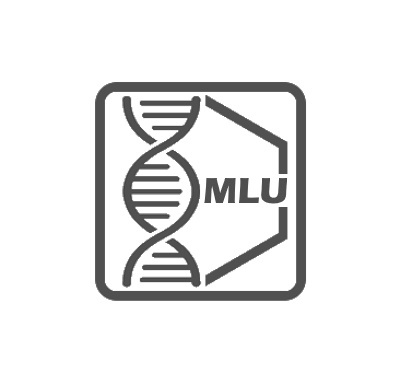Ivo Große and Marcel Quint
Prof. Ivo Große

Institute for Informatics/Bioinformatics
Von-Seckendorff-Platz 1
06120 Halle (Saale)
phone: +49 (0) 345-55 24774
ivo.grosse@informatik.uni-halle.de
Dr. Marcel Quint

Leibniz Institute of Plant Biochemistry
Weinberg 3
06120 Halle (Saale)
phone: +49 (0) 345-5582 1230
Marcel.Quint@ipb-halle.de
Evolutionary Transcriptomics of Auxin Responses in Land Plants
As a primary regulator of cell expansion, cell division, and cell differentiation, the phytohormone auxin controls a multitude of developmental processes in plants. From an evolutionary perspective it has been suggested that auxin signaling emerged to coordinate multicellular growth in land plants and that auxin may have enabled rapid diversification of early land plants during the late Silurian through middle Devonian periods. Recent analyses of completely sequenced plant genomes have shown that the canonical auxin signaling cascade is conserved in all analyzed basal and higher land plants. However, single-celled green algae of the Chlorophyta clade do not possess the necessary components that are present in land plants to control the canonical auxin response. This indicates that more complex auxin signaling elements emerged somewhere between Chlorophyta and early land plants. While the signaling cascade triggered by indole-3-acetic acid, the primary naturally occurring bioactive auxin, is relatively well studied, the immediate transcriptional responses themselves are highly variable between genotypes and only poorly understood. A small number of primary auxin response gene families have been known for a long time, but they most likely function directly in sustaining the auxin signaling loop itself, and hardly anything is known about auxin response genes that directly regulate physiologically relevant processes. To study the evolution of the transcriptional auxin response, whole-transcriptome data from distantly related Embryophytes are being generated and analyzed within this research project.




